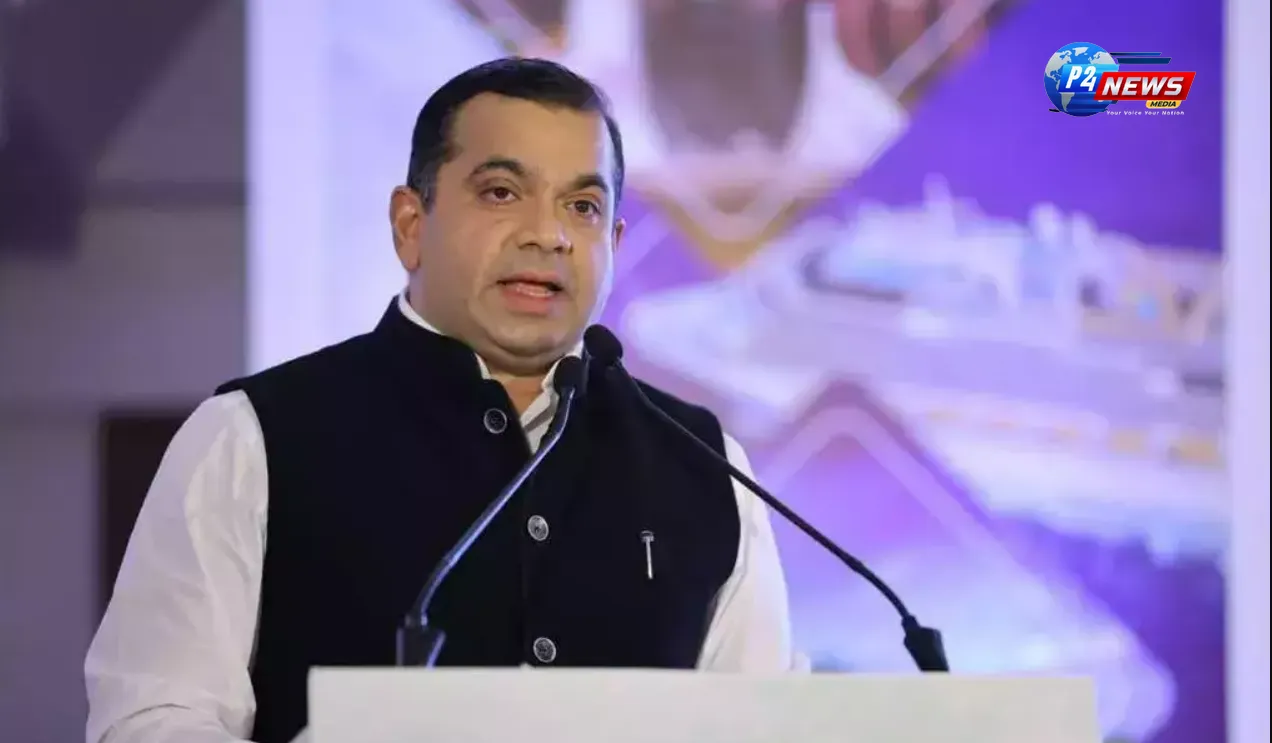Tourist statistics reveal a contrasting reality to social media portrayals, highlighting concerns over preserving Goa's unique identity. Local voices emphasize the need to avoid Thailand's bustling tourism model, advocating for sustainable travel practices instead.
On a recent Thursday, Rohan Khaunte, the Tourism Minister for Goa, voiced his discontent with social media influencers who he claims have been tarnishing the state’s reputation. During a press briefing, he alleged that certain influencers were acting on behalf of external parties and were financially compensated to spread negative narratives about Goa, particularly insinuating a decline in tourist numbers.
Khaunte expressed his strong disapproval of these influencers, stating that their misleading claims about reduced tourist attendance were unfounded. “I am making a direct statement,” he said. “These influencers are being paid by individuals seeking to tarnish Goa's image. Our data shows that domestic tourist arrivals have actually surpassed last year's figures. This season has been remarkable, and we have high expectations for 2025 as well.”
Highlighting the occupancy rates of hotels in the region, he noted that high-end accommodations were nearly fully booked, with five- and four-star hotels reaching close to 100 percent occupancy, while lower-tier establishments had occupancy rates ranging from 60 to 65 percent. “This clearly indicates the influx of tourists in Goa. People are drawn to Goa for what it authentically represents. The charm and allure of Goa’s landscapes, culture, and creativity cannot be compared to that of Thailand. We are not looking to transform Goa into a replica of Thailand,” he emphasized.
Khaunte pledged to take measures against those seeking to undermine the state's reputation. He announced that his team is formulating a strategic plan with public relations professionals to address this issue. “Once we gather comprehensive data regarding tourist numbers, we will make it public and execute an overall strategy to reveal these particular influencers who have attempted to damage Goa’s image,” he stated.
While acknowledging existing problems such as issues with taxis, hotel pricing, and connectivity, he pointed out that every tourist hotspot faces challenges, both in India and globally. “We are committed to addressing tourists' concerns. I’m not dismissing these issues, but it’s crucial to avoid spreading misleading messages. We need to focus on promoting the positive aspects and not allow trivial matters to disrupt Goa’s status as a preferred tourist destination,” Khaunte remarked.
Furthermore, he disclosed that some restaurant owners had informed him that influencers from outside Goa frequently requested complimentary meals or accommodations in exchange for promoting certain viewpoints online. He encouraged local influencers to share a more accurate depiction of the state’s tourism appeal.
In an effort to enhance the cultural experience of visitors, Khaunte announced that river cruise operators, which offer one-hour trips in the evenings, would be instructed to feature traditional Goan music and provide local snacks during their cruises. However, he clarified that for private events held on these cruises, any music could be played.
In November, Goa's tourism scene gained attention after a viral post suggested that international tourists were opting out of visiting the state. This prompted a significant online response, with many sharing their negative experiences while others suggested that travelers were shifting their interest towards destinations like Sri Lanka, Thailand, and Vietnam. Amid this social media discourse, the Goa government felt compelled to issue a response, arguing that comparing a state to a sovereign nation such as Sri Lanka could lead to misinterpretations.
















Comments 0